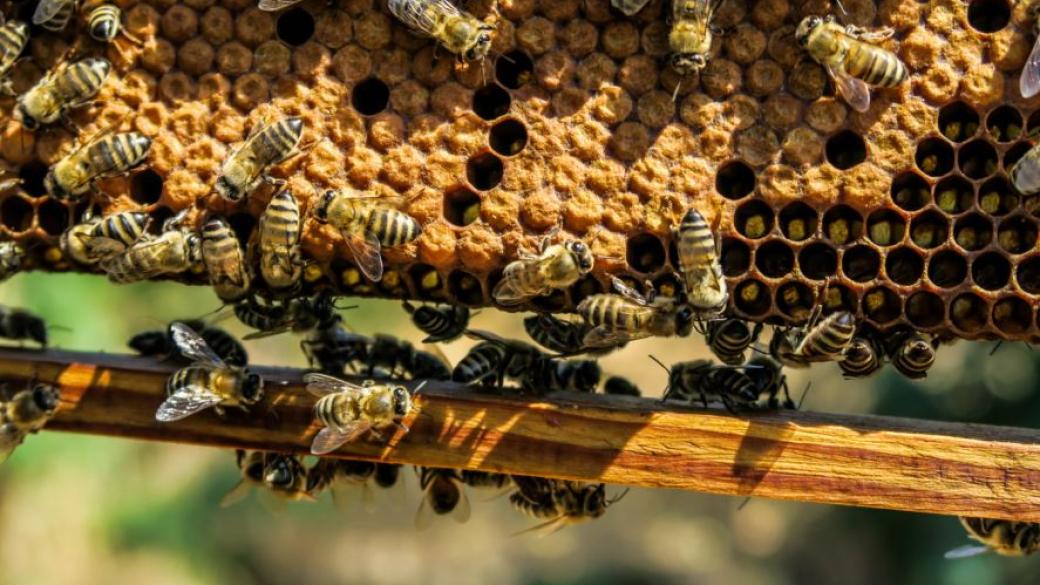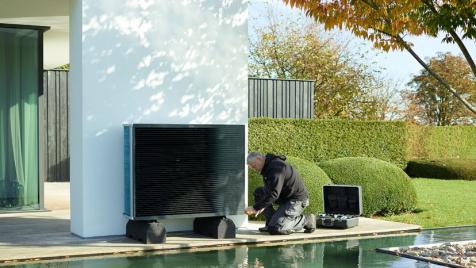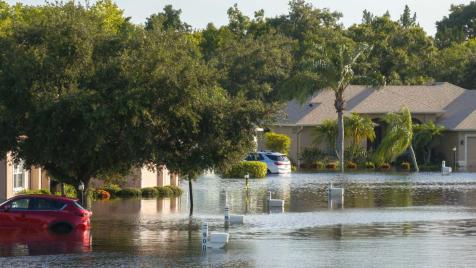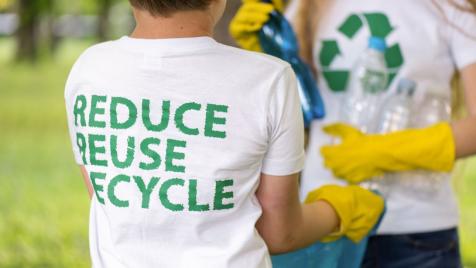Bees - Barometer of Ecological Imbalance
Care for the development of bee-keeping will be a small curtsey to preserving harmony in nature

© ECONOMIC.BG / Pixabay
“What’s better than one pot of honey... is two pots of honey.” “If there's a buzzing-noise. Somebody’s making a buzzing-noise. The only reason for making a buzzing-noise that I know of is because you’re a bee. And the only reason for being a bee that I know of is making honey!”
This quotation from
Winnie the Pooh convinces us how tasty honey is and how important bees are for
it to exist. It is a pity that the well-known fairy-tale character, a favourite
of generations of grown-up children, relates bees only to honey. If the English
writer Alan Milne had talked about pollination, it would probably be easier for
people in Europe to understand why bees are so important to the ecological
balance in nature. In the United States, they have long recognised their
irreplaceable contribution to pollination, and there is a huge amount of money
allocated to that.
Ecosystem Service
Bees gather honey, but they are the natural pollinators of plants and that’s why beekeeping needs annual support. Bees pollinate plants, and this is a basic ecosystem service, which should be paid for, beekeepers in Bulgaria assure us. The indiscriminate spraying, done by farmers, leads to the destruction of many bees and to the emptying of hives. And if there are no bees, the variety of fruits, vegetables and herbs, which is our natural gift thanks to pollination, will disappear, beekeepers explain.
At a Dead End
The massive treatment of agricultural crops with different chemicals leads to the destruction of both domesticated bees and wild pollinators, such as butterflies, beetles and various other insects. And almost 85% of the plants are pollinated thanks to them. The rest of the grain crops is pollinated by the wind and the bees are not a factor there. “However, monocultural farming is starting to prevail and huge areas are sown with the same crop. In their greed to receive subsidies, some farmers plough up uncultivated areas with herbs and wild vegetation, meadows and wetlands that are the habitat of wild pollinators. Crops are sown, which no one harvests, but subsidies are given for them. This is a mistake of the European agricultural policy, which has not taken into account the damage done in the quest to report more sown areas,” explains Ilia Tsonev, Deputy Chairman of the Confederation of Bulgarian Beekeepers.
Threats
Neonicotinoids are considered to be the mass killer of bees, they affect their nervous system and cause paralysis or death. This leads to the weakening of hives and reduction in the number of bee families, and consequently to the reduction of beekeepers’ yields. “That’s why I suggest the European Food Safety Authority (EFSA) to be asked to carry out research, together with other relevant EU agencies, on all substances and factors that endanger the health of bees,” says MEP Momchil Nekov, who took charge of the development of beekeeping after Mariya Gabriel.
A number of diseases also cause high bee mortality and it is time for the veterinary science in Bulgaria to start receiving adequate financial support and provide more reliable assistance to beekeepers in this uneven battle.
Deaf to the Problem
For years, there has not been a comprehensive solution to the beekeepers’ woes. They are worried about the spraying at an unregulated time and with unregulated pesticides, the low purchase prices twist their hands, fake honey undercuts the market, and in addition, last year’s bad weather conditions also contributed to the extremely low yields. And nobody pays them for pollinating. Bio beekeeping is also on hold. That’s why beekeepers often go out to protest. This autumn, they insisted on securing subsidies for the sector in the new Common Agricultural Policy after 2020, as well as on introducing direct payments for each registered bee family and criminalising bee poisoning.
Communication
The sector needs to be heard. Protests are just a sign that there is a communication problem. “The main role of bees in agriculture is pollination, and honey is a by-product of their activity. This means that the work of beekeepers must be valued and the service should be paid fairly. Pollination should be added to the definitions that will be formulated in the strategic plans of the Common Agricultural Policy and in the climate and environmental schemes,” Momchil Nekov reacts. But whether his colleagues in the European Parliament will understand this, we are yet to see.
Harmony
Beekeeping is a hobby for many, for others, it is the small business that feeds their families. But it is not an insignificant sector, as it is a factor in the development of agriculture, and what is more, it also influences the ecological balance and is a barometer for the state of nature. The care for the development of beekeeping will be a small curtsey to preserving harmony in nature.
Numbers Speak
- There are about 17
million bee hives in the European Union and 600,000 beekeepers who produce
around 250,000 tons of honey per year.
- The importance of the
sector is much greater because 84% of the plant species and 76% of the food
production in Europe depend on the bee pollination.
- The economic value in
the EU generated this way, estimated at EUR 14.2 billion per year, exceeds many
times the value of the honey produced.

















